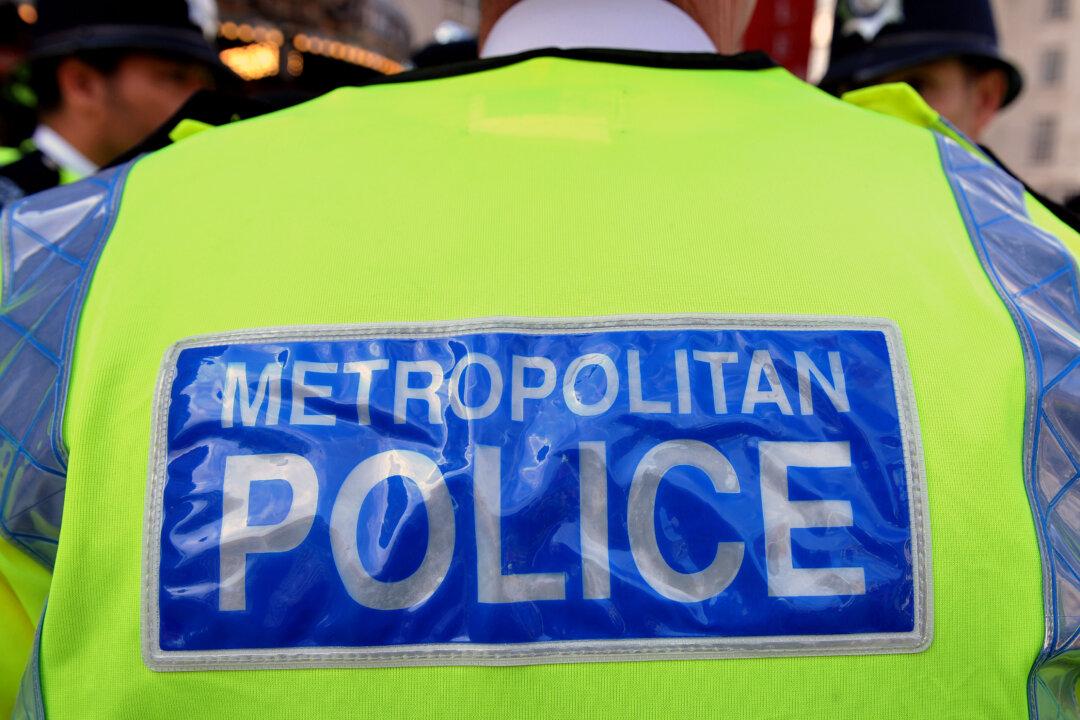Lone plain-clothed officers will video-call a uniformed supervisor while engaging with lone women to show proof of their identities, the Metropolitan Police said on Wednesday.
The measure is designed to ensure women’s safety after Sarah Everard, a 33-year-old marketing executive, was raped and murdered by a police officer, who fake-arrested her while she was walking alone.





